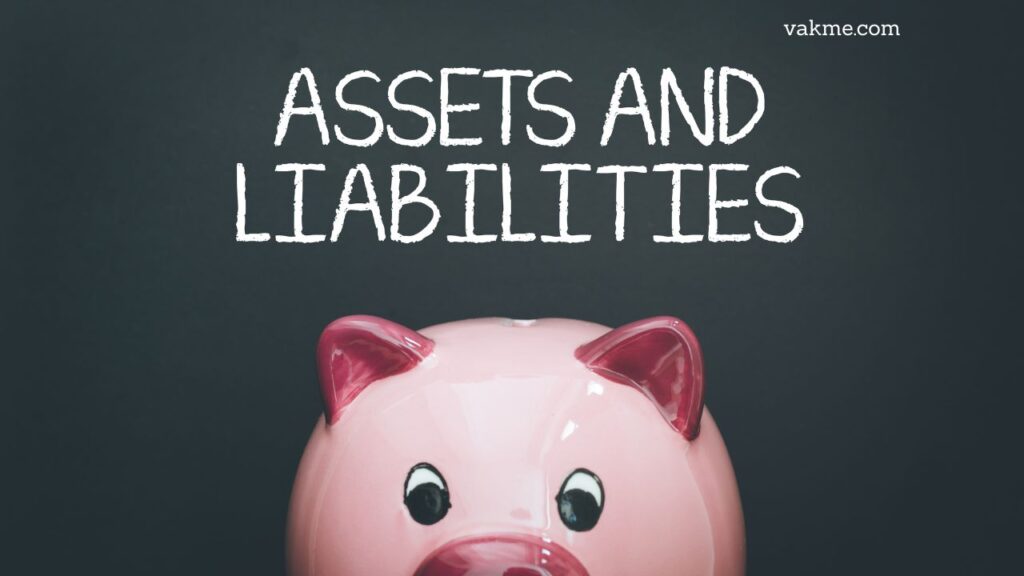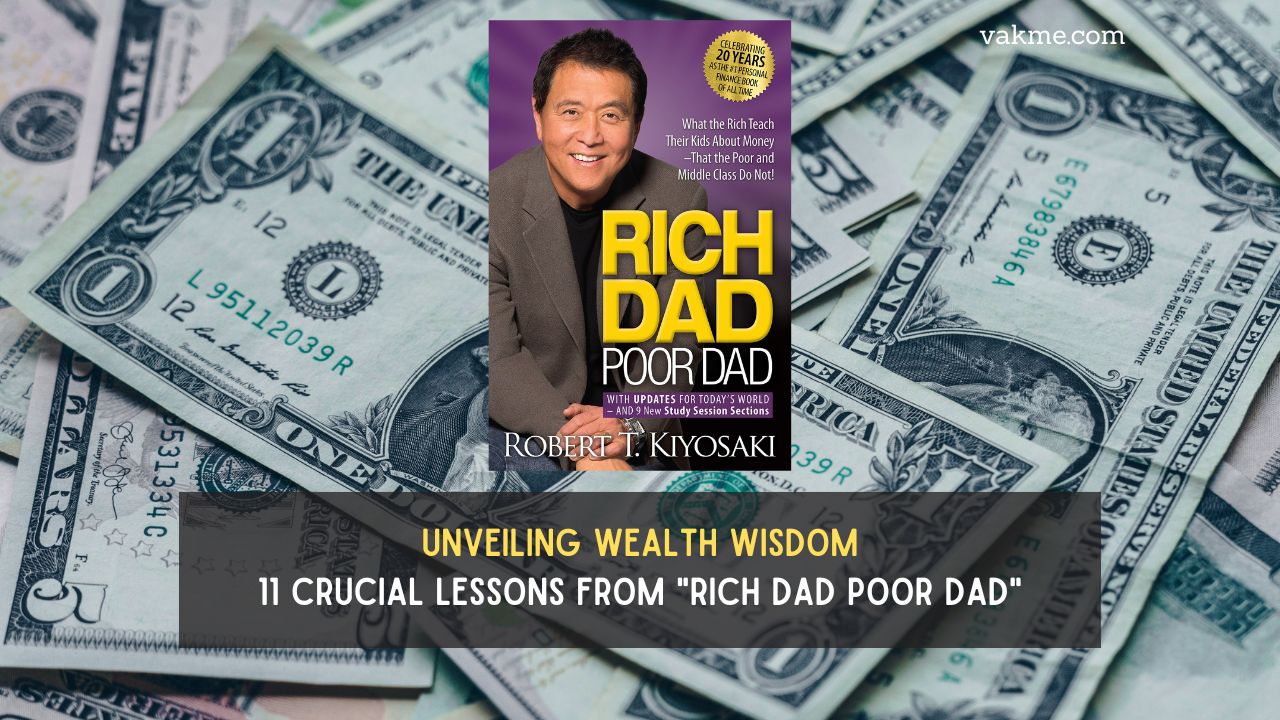“Rich Dad Poor Dad” by Robert T. Kiyosaki is a timeless classic that offers valuable insights into financial literacy and wealth-building strategies. In this article, we’ll delve into 11 crucial lessons from the book that can transform your mindset and approach towards money, investing, and financial independence.
1. The Importance of Financial Education
Kiyosaki emphasizes the significance of financial education and how it can empower individuals to make informed financial decisions. Educate yourself about money management, investing, and wealth-building strategies to take control of your financial future.

2. Differentiate Between Assets and Liabilities
One of the key lessons from “Rich Dad Poor Dad” is understanding the difference between assets and liabilities. Assets put money in your pocket, while liabilities take money out. Focus on acquiring income-generating assets to build wealth.
3. Make Money Work for You
Shift your mindset from working for money to making money work for you. Invest in assets that generate passive income, such as real estate, stocks, or businesses, to create wealth and achieve financial freedom.
4. The Power of Delayed Gratification
Practice delayed gratification by prioritizing long-term financial goals over immediate desires. Invest time and resources in building a solid financial foundation that will yield benefits in the future.
5. Take Calculated Risks
“Rich Dad Poor Dad” encourages taking calculated risks in the pursuit of financial growth. Educate yourself, assess potential risks and rewards, and be willing to step out of your comfort zone to seize opportunities for wealth creation.
6. Develop Multiple Streams of Income
Diversify your income streams to reduce dependency on a single source of income. Explore avenues such as investments, side businesses, freelancing, or passive income streams to create a stable and resilient financial portfolio.
7. Understand the Tax System
Gain knowledge about the tax system and leverage strategies to minimize taxes legally. Take advantage of tax deductions, credits, and investment tax benefits to optimize your financial outcomes.

8. Focus on Financial Freedom, Not Materialism
Shift your focus from material possessions to achieving financial freedom and independence. Prioritize building wealth and creating passive income streams that provide financial security and flexibility.
9. Learn from Failures and Challenges
Embrace failures and challenges as learning opportunities on your financial journey. Use setbacks as stepping stones to refine your strategies, improve decision-making, and grow your wealth mindset.
10. Surround Yourself with Financially Savvy Individuals
Associate with like-minded individuals who are knowledgeable about finances and wealth-building. Learn from their experiences, insights, and strategies to accelerate your own financial growth and success.
11. Take Action and Persist
The most important lesson from “Rich Dad Poor Dad” is to take action and persist in pursuing your financial goals. Implement the lessons learned, stay committed to your financial plan, and persistently work towards achieving financial freedom.
Conclusion
“Rich Dad Poor Dad” offers invaluable lessons that can transform your financial mindset and pave the way to financial success. Embrace financial education, differentiate between assets and liabilities, make money work for you, practice delayed gratification, take calculated risks, develop multiple income streams, understand the tax system, prioritize financial freedom, learn from failures, surround yourself with knowledgeable individuals, and take persistent action towards your financial goals. By applying these 11 crucial lessons, you can embark on a path towards wealth creation, financial independence, and a prosperous future.











